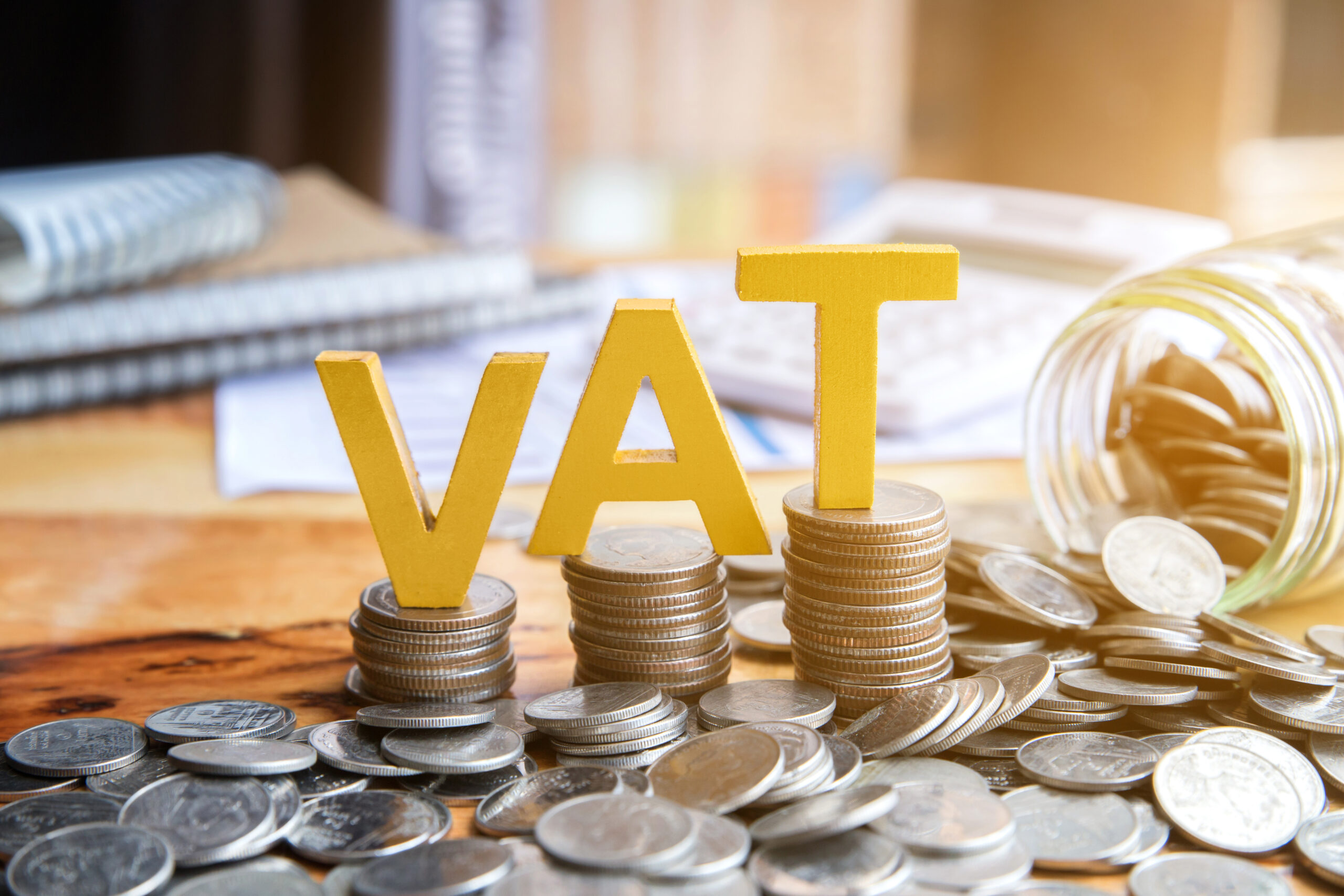2015-VIL-225-TRI
QUIPPO OIL AND GAS INFRASTRUCTURE LIMITED Vs THE STATE OF TRIPURA
- Tripura Value Added Tax Act, 2004 – Works contract – transfer of right to use goods – Liability to pay VAT on contract for digging directional wells – As directional drilling is one of the components of digging a directional well, accordingly petitioners have entered into a service contract providing service of directional drilling and, therefore, they are paying service tax to the Central Government.
- The petitioners contend that the contract does not amount to sale and no VAT can be levied on the same – Demand of VAT on the ground that the contract is for hiring of machineries
- HELD – The contracts we are of the view that the contracts are mainly for hiring of services. There may be a very small element of transfer of right to use goods but according to us the pre-dominant portion of the contract relates to hiring of services and not to transfer of right to use the goods.
- We are aware that the dominant nature test is not to be used in composite contracts falling within the ambit of Article 366(29A) but from the reading of the contract it is more than apparent that the intention of the parties was to treat the contract as a contract for hiring of services. Moreover, it is impossible to divide the contract into two separate portions. Every element of the digging directional wells and Mobile Drilling Rig service contains a major element of provisions of services. In such an eventuality it is virtually impossible to divide the contract. It is not possible to work out the value of the right to use goods transferred under the contract. In cases, where the contracts are easily divisible or where the parties have by agreement clearly indicated what is value of the service part and what is value of the transfer of right to use goods part, the contract may be divided.
- We are in agreement with the Delhi High Court that when the contract cannot be divided with exactitude then the Central Law must prevail – Parties have been paying service tax and if the State is allowed to tax any portion of the value of the contract then there has to be a proportionate refund of the service tax to that extent. This cannot be done without hearing the Union of India. If there is any dispute between the State or the Union of India then they must resolve it between themselves. The petitioners or the ONGC cannot be made liable to pay both the taxes for the same transaction – We are clearly of the view that in all the cases the transactions do not amount to sale within the meaning of the TVAT Act, 2004. The State is not entitled to levy any sales tax or Value Added Tax on the transactions in question. It is, therefore, directed that the amount of tax, already deducted and received by the State shall be refunded to the petitioners along with statutory interest – Writ petitions are allowed

